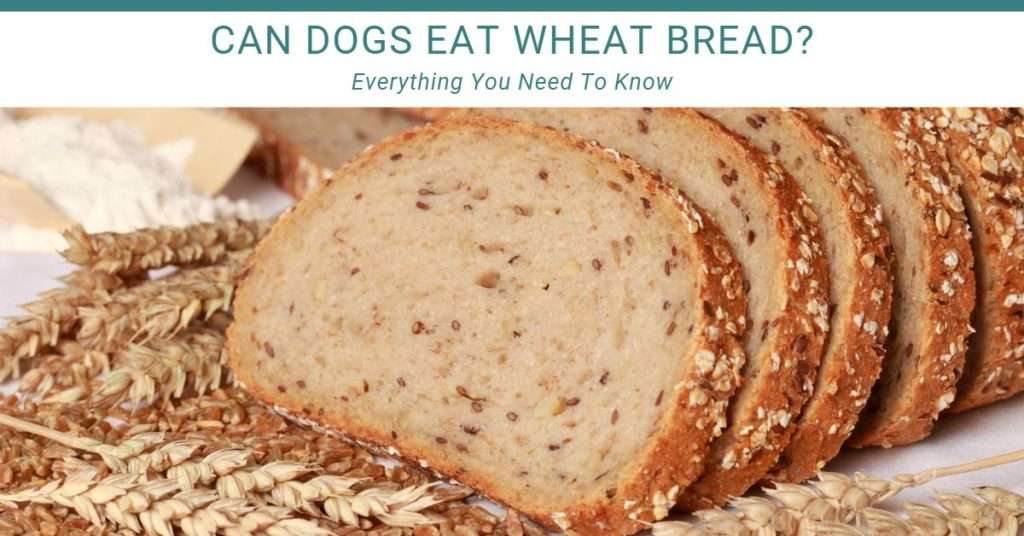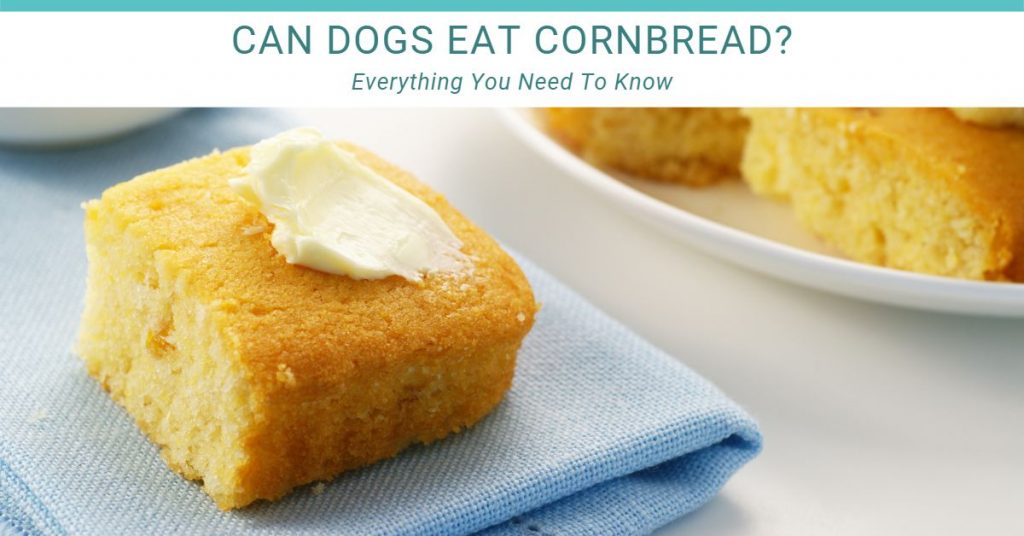Wheat Bread and Dogs: Can They Eat It?
Have you ever found yourself pondering whether it’s safe for your beloved four-legged friend to indulge in the scrumptious delight of wheat bread? As dog owners, we understand the importance of providing a nourishing diet that meets their nutritional needs while also considering any potential risks. In this comprehensive blog post, we will delve into the fascinating topic of whether dogs can eat wheat bread. Join us as we uncover the nutritional impact and shed light on the potential concerns that surround this popular human food.
Can Dogs Eat Wheat Bread?
The burning question remains: can our furry friends safely enjoy a delectable piece of wheat bread? The answer is generally yes, dogs can eat wheat bread, but it comes with a few important caveats. In moderation, wheat bread is typically considered safe for dogs to consume. However, it is crucial to be aware of potential risks and take necessary precautions.
Understanding the Nutritional Needs of Dogs:
When it comes to their diet, dogs, much like us, need a well-balanced nutritional intake to thrive and achieve optimal health. Let’s take a closer look at the key components of dog nutrition:
Proteins:
Proteins are the building blocks of life and are essential for a dog’s growth, development, and maintenance. Protein plays a crucial role in muscle formation, tissue repair, and the production of enzymes and hormones. High-quality animal-based proteins, such as those derived from meat, poultry, and fish, are particularly important for dogs, as they provide essential amino acids that cannot be synthesized by their bodies.
Lack of protein can cause the following issues:
- Muscle Loss and Weakness
- Poor Growth and Development in Puppies
- Weakened Immune System
- Poor Skin and Coat Health
- Reduced Energy Levels
Carbohydrates:
While dogs are primarily carnivores, carbohydrates still have a role to play in their diet. Carbohydrates serve as a valuable source of energy and can support proper digestion. Complex carbohydrates, such as whole grains like brown rice or oats, are often included in commercial dog foods. These carbohydrates provide a steady release of energy and contain fiber, which aids in digestion and helps maintain a healthy gastrointestinal tract.
Fats:
Fats are an essential component of a dog’s diet and serve multiple functions. They are a concentrated source of energy, providing more than twice the energy of proteins or carbohydrates. Fats also play a crucial role in the absorption of fat-soluble vitamins and the production of hormones. In addition, they contribute to healthy skin and coat, provide insulation and protection for organs, and help regulate body temperature. Healthy sources of fats for dogs include animal fats, fish oil, and plant-based oils like flaxseed or canola oil.
Higher-end commercial dog food is meticulously formulated to meet these specific dietary requirements, ensuring that dogs receive the necessary nutrients for their well-being. These formulations undergo extensive research and testing to provide a balanced blend of proteins, carbohydrates, fats, vitamins, and minerals. They take into account a dog’s age, size, activity level, and specific nutritional needs.
However, caution must be exercised when introducing human foods into a dog’s diet, including wheat bread. While dogs can consume some human foods in moderation, it is important to be aware of potential risks and considerations. Wheat bread, for example, may contain ingredients that can be problematic for certain dogs, such as wheat gluten or additives. It is crucial to monitor your dog’s response to any new food and consult with a veterinarian if you have concerns or notice any adverse reactions.
Always prioritize your dog’s health and well-being by providing a balanced and nutritionally complete diet. Opting for high-quality commercial dog food and seeking professional advice when making dietary changes can help ensure that your furry companion receives the necessary nutrients for a healthy and happy life.
Examining Wheat Bread’s Nutritional Composition:

Now, let’s dig deeper into the nutritional profile of wheat bread to gain a better understanding of how it can impact our furry friends. The typical ingredients you’ll find in wheat bread are pretty straightforward: flour, yeast, water, and salt. But what does this mean for your canine companion?
Carbohydrates take center stage in wheat bread. They come in the form of starch and serve as the main source of energy for dogs. So, when your dog munches on a small piece of wheat bread, they’re getting a boost of energy to fuel their playful antics and daily adventures.
But that’s not all—wheat bread also contains other important components. It offers a decent amount of fiber, which aids in digestion and helps keep things moving smoothly in your pup’s tummy. Plus, there’s a touch of protein and small amounts of fat present in that fluffy slice of bread. While these may not be the primary nutritional components, they still contribute to your dog’s overall nutrient intake.
When it comes to vitamins and minerals, wheat bread offers a modest variety. You’ll find some B vitamins, which play a crucial role in supporting your dog’s metabolism and overall well-being. Additionally, wheat bread contains traces of minerals like iron and selenium, which are important for various bodily functions.
While wheat bread provides some nutritional benefits for dogs, it’s essential to keep in mind that the quantities of vitamins and minerals present in bread are relatively modest. It’s always a good idea to focus on a balanced diet specifically formulated for dogs to ensure they receive optimal nutrition.
One potential concern relates to the presence of wheat and gluten. Some dogs may have sensitivities or allergies to these components, which can lead to digestive issues and discomfort. If your pup has a known wheat allergy or a sensitive stomach, it is best to err on the side of caution and avoid offering them wheat bread altogether. Monitoring their reactions to wheat bread consumption is essential to ensure their well-being.
Potential Risks of Feeding Dogs Wheat Bread
When it comes to feeding your dog wheat bread, it’s important to be aware of potential risks and considerations. While many dogs can safely consume wheat bread in moderation, here are some potential risks to keep in mind:
- Sensitivities or Allergies: Some dogs may have sensitivities or allergies to wheat or gluten. These can manifest as digestive issues, skin irritations, itching, or even more severe allergic reactions. If they do have these types of reactions, you may need to give your dog a few doses of Benadryl. If you suspect your dog has an allergy or sensitivity to wheat, avoid feeding it to the dog again.
- Digestive Issues: Wheat bread contains gluten, which can be difficult for some dogs to digest. When a dog consumes Consumption of wheat bread may lead to gastrointestinal discomforts, such as bloating, gas, diarrhea, or vomiting. If you notice any digestive issues after your dog consumes wheat bread, it’s advisable to remove it from their diet. You may also have to follow a bland diet for a few days to get the dog’s digestion back on track.
- Weight Gain: While carbohydrates in wheat bread provide energy, excessive consumption can contribute to weight gain in dogs. Bread is relatively calorie-dense, and regular consumption without proper portion control can lead to obesity over time. It’s important to consider the overall calorie intake and balance it with your dog’s activity level and weight management goals.
- Nutrient Imbalance: Although wheat bread offers some vitamins and minerals, it’s important to note that it may not provide a comprehensive range of nutrients required for a well-rounded canine diet. Relying too heavily on wheat bread as a food source can result in nutrient imbalances or deficiencies if it replaces more nutritionally complete meals.
- Additives and Preservatives: Some commercially available wheat bread may contain additives, preservatives, or flavorings that are not suitable for dogs. These additives can potentially be harmful or cause adverse reactions in sensitive individuals. Always read the ingredient labels carefully and avoid bread with unnecessary additives.
Remember, every dog is unique, and their tolerance and reaction to wheat bread may vary. Feeding dogs wheat bread can cause some adverse reactions. If you do decide to let your dog eat some wheat bread, be sure to monitor it. While there most likely would not be any adverse reactions, It is best to keep an eye on your dog after it eats new foods.
alternatives to wheat bread for dogs:
If you are hesitant about the potential risks associated with wheat bread or simply seek healthier alternatives, fear not! There are numerous options available that can provide a nutritious and delicious alternative for your furry companion.
Whole grains like brown rice, oats, or quinoa can serve as excellent substitutes. These grains offer similar energy-providing carbohydrates, along with added fiber, vitamins, and minerals. Incorporating these grains into your dog’s diet can contribute to their overall well-being and provide a satisfying variety in their meals.
Fresh fruits and vegetables suitable for dogs, such as carrots, sweet potatoes, and green beans, are also fantastic choices. These colorful additions offer an array of vitamins, minerals, and antioxidants, promoting good health and providing a refreshing crunch. However, it is important to research which fruits and vegetables are safe for dogs, as some may be harmful or toxic.
As with any new thing you feed your dog, remember to introduce only a small amount at a time. Recently I was giving my dog fresh green beans from my garden. After about 20 minutes her entire face swelled up. I never did figure out if it was the green beans or if it was a bee sting that caused it. Since then I only give her small amounts at first to see if she reacts.
Consulting a Veterinarian for Individualized Advice:

When it comes to making dietary decisions for your beloved pet, seeking guidance from a veterinarian is always a wise choice. Veterinarians possess the expertise to offer personalized advice based on your dog’s specific needs and health condition. If you are uncertain about introducing wheat bread or any other food into your pup’s diet, consulting with a veterinarian will ensure that you make informed decisions and prioritize your dog’s well-being.
Can dogs eat wheat bread everyday?
Dogs can eat what bread everyday, however it should not be the primary source of food for your dog. You can give your dog a small chunk as a treat but it should not be included as part of its normal diet.
Can dogs eat toasted bread?
Dogs can eat toasted bread as long as it does not contain any known harmful chemicals. Avoid breads that contain alliums like onions or garlic. Do not feed your dog any breads that have raisins or xylitol.
Summary: Can dogs have wheat bread?
In conclusion, while dogs can enjoy wheat bread in moderation, it is vital to consider their individual nutritional needs and potential sensitivities. Understanding the ingredients and nutritional composition of wheat bread empowers us to make informed choices when it comes to our furry friends’ diet. Remember to monitor your dog’s reactions and consult with a veterinarian if you have any concerns or doubts.
By prioritizing your dog’s health, exploring alternative options, and seeking professional advice when needed, you can ensure that their diet is as wholesome and nourishing as possible. So, next time you reach for that loaf of freshly baked wheat bread, consider sharing a moment of joy with your furry companion while keeping their well-being at the forefront.



